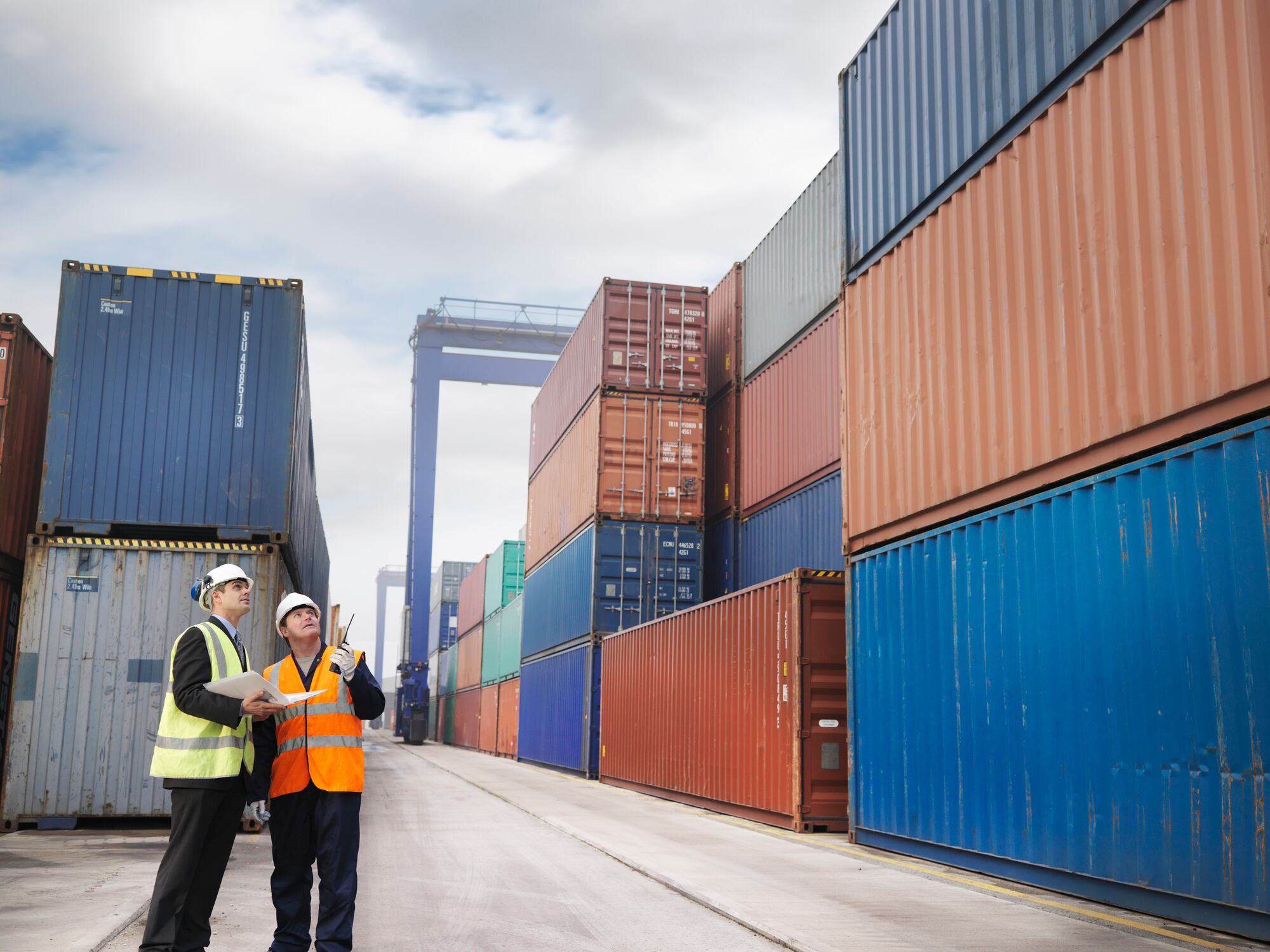Significant challenges stemming from the state of permacrisis the world is struggling through have significantly impacted the food and drink industry, forcing manufacturers to re-evaluate their supply chains to cut down disruption and costs.
However, businesses must be diligent to ensure any changes to their supply chains don’t result in them falling afoul of food safety regulations.
As Squire Patton Boggs partner Nicola Smith explained in the Sedgwick Product Recall Index 2023: “For example, food business operators may need to ensure that new or alternative suppliers or ingredients have undergone proper auditing and quality control checks in a short timeframe; that substituted ingredients are properly reflected on ingredients and allergen lists; and that workforces apply food safety systems and precautions in a consistent way – even when that workforce includes agency and temporary workers.
Import controls
“In addition, import controls can impact the supply chain. The UK’s FSA [Food Standards Agency] announced in April that it welcomes proposals for new import controls to be phased in from October 2023. The agency also published its draft Border Target Operating Model on 5 April. The initial focus will be on health certification for higher-risk foods and feed imported from the EU. Border checks will be risk-based.”
Smith also stressed the importance of transparency in the supply chain, with a growing focus on requirements for food business operators to conduct human rights and environmental due diligence – particularly for big businesses in certain sectors of the food industry.
“The German legislation requiring mandatory supply chain due diligence for human rights violations and environmental breaches came into effect on 1 January 2023,” she added.
“The regulations require companies that meet certain criteria to implement specific risk management practices to detect and combat child labour, forced labour, poor environmental practices, and other problematic issues.”
Operating in the EU
While UK manufacturers may not think regulations in the EU apply to them, businesses that supply to the region will still need to be in scope and adhere to these regulations if they wish to continue trading on the continent.
“In addition, the EU has approved the Deforestation-Free Regulation, which is intended to ensure that certain products that European consumers buy and consume do not contribute to deforestation and forest degradation,” she continued.
“The legislation will also takes steps to reduce carbon emissions and address deforestation driven by agricultural expansion. It will require supply chain due diligence linked to the production of palm oil, cattle, soy, coffee, cocoa, timber, and rubber. The legislation will be directly applicable in all EU Member States, although local regulators will be responsible for enforcement.”





